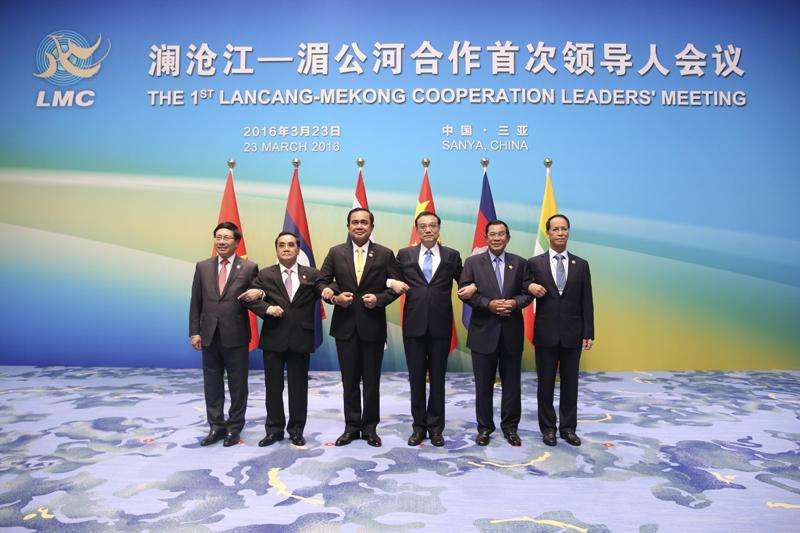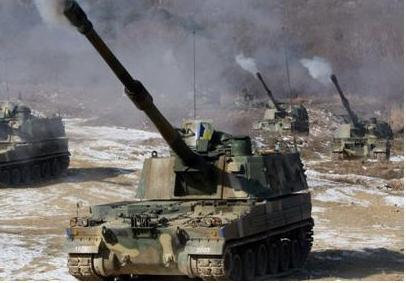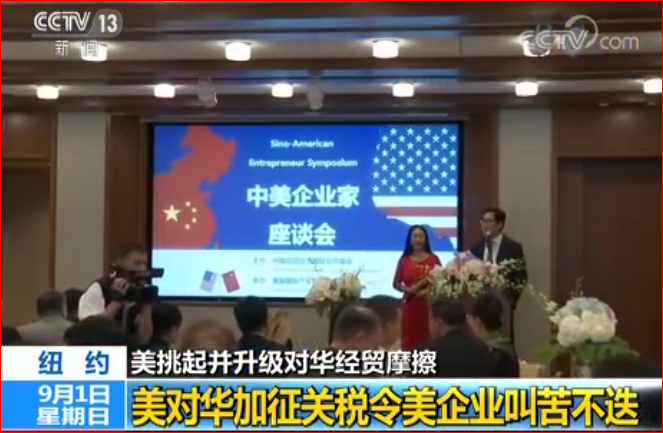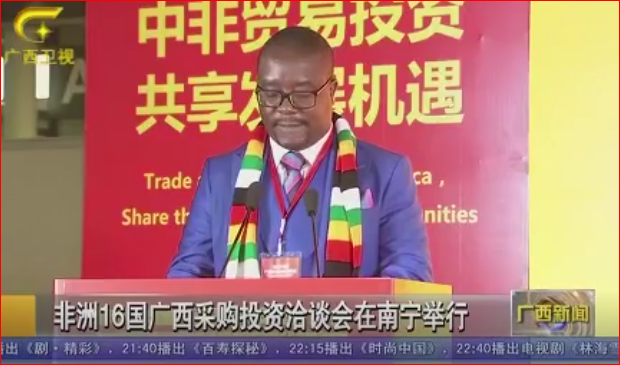美国白宫批准禁止从中国采购机车车辆的条例 影响中车、比亚迪
作者: 发布于:2019-09-14 09:36:06 来源:中国e车网
白宫正式批准一项禁止采购中国制造商的公共交通车辆的条例,包括禁止采购公共汽车和铁路车辆,这对电动公交车制造商比亚迪造成了打击。也将对中国中车进一步开拓美国市场造成影响。
管理和预算办公室代理主任于9月4日致函国会,表达特朗普政府对众议院与参议院版本的2020年财政年度授权法案之间存在分歧的各种议题的立场。这两项法案都包含了非常相似的规定,禁止使用联邦公共交通基金从中国政府拥有或补贴的制造商那里购买过境车辆,阻止运输机构使用非联邦资金进行此类购买。
该议案主要针对中国国有铁路制造商CRRC,该公司在过去几年中赢得了几个主要的铁路车辆采购(波士顿,芝加哥,洛杉矶)。
众议院条例(HR 2500第896条)仅适用于“铁路车辆采购”,而参议院条例(S. 1790第6015条)适用于所有机车车辆采购,这意味着参议院语言也适用于公共汽车的采购,而众议院的条款则不适用。 比亚迪虽然不归中国政府所有,但确实得到了一些补贴,这将使他们受到禁令的制约。
OMB信函的相关部分如下:
对某些车辆采购的限制(第6015节) 。 行政当局支持第6015条,该条款将禁止,财政援助特别是联邦资金,用于将任何运输车辆的采购合同或分包合同授予某些外国拥有,控制或补贴的优先企业。
众议院NDAA的第896节包含类似的条例,但仅适用于客运铁路车辆。至关重要的是,此类禁令应包括禁止采购所有机车运输车辆,以确保国家的经济和国家安全,并防止使用联邦资金支持外国国有企业。
一旦国会下周重新召开会议,NDAA法案将被送到正式的众议院参议院会议委员会,以解决所有分歧。按照历史惯例,如果众议院和参议院版本的法案都包含相同的规定,那么该条款必须在最终的会议协议中保持不变。这通常意味着,如果众议院和参议院的法案都有不完全相同的条款,但非常非常相似,那么会议应该以某种差异结束——修改与分裂相关的条款。
白宫支持适用于公共汽车和火车车厢的禁令似乎更接近参议院版本的规定。
Yesterday, the White House issued an official endorsement of a version of language banning mass transit rolling stock procurements from Chinese manufacturers that includes buses as well as railcars, in a blow to electric bus manufacturer BYD.
The Acting Director of the Office of Management and Budget sent a letter to Capitol Hill dated September 4 that expresses the Trump Administration’s position on a wide variety of items in disagreement between the House and Senate versions of the National Defense Authorization Act for fiscal year 2020. The House has passed H.R. 2500 and the Senate has passed S. 1790, and both bills contain very similar provisions prohibiting the use of federal mass transit funds for the purchase of transit rolling stock from manufacturers owned, or subsidized by, the Chinese government, and discouraging transit agencies from using non-federal funding for such purchases.
The language is mainly targeted at Chinese state-owned rail manufacturer CRRC, which has won several major rail car procurements (Boston, Chicago, Los Angeles) with ultra-low bids in the last few years. But there is one key difference between the provisions – the House provision (section 896 of H.R. 2500) applies only to “rail rolling stock procurements” while the Senate language (section 6015 of S. 1790) applies to all rolling stock procurements, which means that the Senate language also applies to procurement of buses while the House language does not. BYD, while not owned by the Chinese government, does receive some subsidies from them, which would make them subject to the ban.
The pertinent section of the OMB letter reads:
Limitation on Certain Rolling Stock Procurements (Section 6015). The Administration supports section 6015, which would prevent financial assistance, specifically Federal transit dollars, from being used to award a contract or subcontract for the procurement of any rolling stock transit vehicles to priority enterprises owned, controlled, or subsidized by certain foreign states. Section 896 of the House NDAA includes similar language, but would only apply to passenger railcars. It is critical that such prohibitions cover procurement of all rolling stock transit vehicles to ensure the Nation’s economic and national security and to prevent the use of Federal dollars to support foreign state-controlled enterprises.Once Congress reconvenes next week, the NDAA bill will be sent to a formal House-Senate conference committee to resolve all the differences. There is a strong norm in Congress, backed by rules of each chamber, that if both the House and Senate versions of a bill contain identical provisions, that provision must be left intact in the final conference agreement. This usually means that if the House and Senate bills both have provisions that are not quite identical, but are very very very similar, then the conference is supposed to end with some sort of difference-splitting germane modification of the provisions.
On this issue in particular, not only did the chairmen of the House and Senate Armed Services Committees consented to include the provision in their bill, and it was drafted by the bipartisan leaders of the Senate authorizing committee with mass transit jurisdiction (Banking). And the House provision has the support of that authorizing chairman, Transportation and Infrastructure’s Peter DeFazio (D-OR). The easiest way to derail a provision in conference is by some other committee asserting jurisdiction and killing it, but since the committees of jurisdiction don’t seem likely to do that, enactment of some version of the ban seems certain.
The White House weighing in in favor of the ban that applies to both buses and rail cars would seem to tip the scales even further towards the Senate version of the provision, but what makes this even more interesting is that the chief Congressional advocate for exempting buses from the ban is one of President Trump’s top allies in Congress, House Republican Leader Kevin McCarthy (R-CA), in whose district BYD’s 450,000-square-foot bus assembly facility is located.
版权声明:
本网发布内容凡注明来源为政府采购信息网/政府采购信息报的,表明“政府采购信息网/政府采购信息报”拥有其版权或已获得授权,内容形式包括但不限于文字、图片、音频、视频等。如需转载请注明来源于政府采购信息网/政府采购信息报,标注作者,并保持文章的完整性。否则,将追究法律责任。
其他来源稿件,本网已标明出处及作者,转载仅为信息分享,如涉及版权等问题,请相关权益人及时与我们联系。
下一篇:俄工贸部拟提高政府采购国货比例
网友评论













